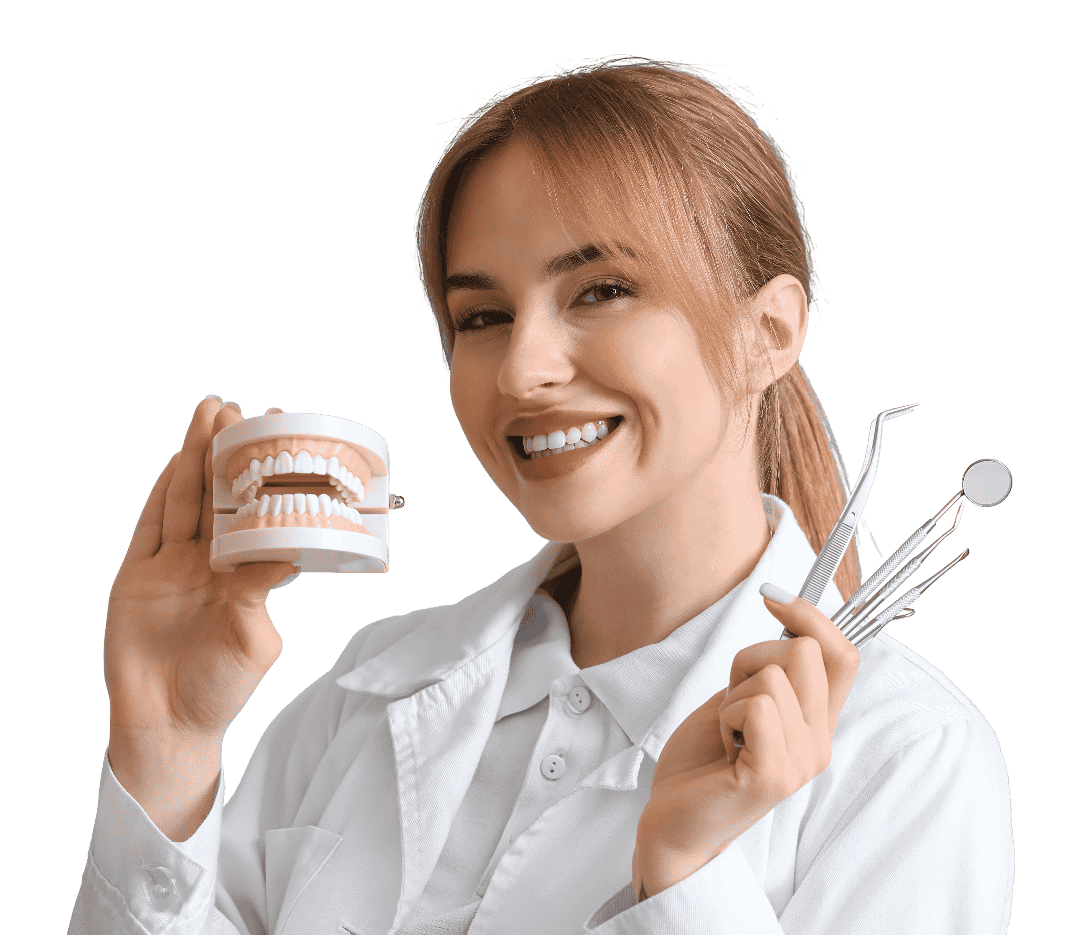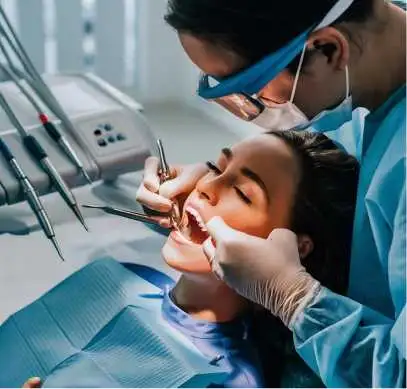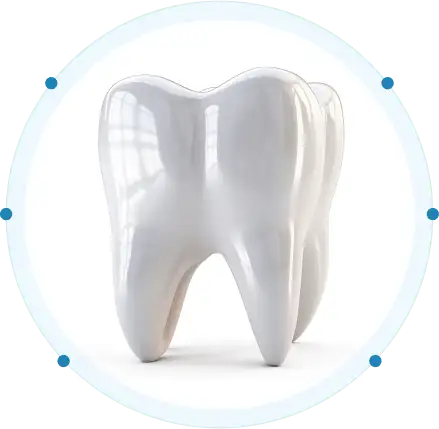Fast & Compassionate Emergency Dental Care in Linden at My Dental Home
Dental emergencies can happen when you least expect them—whether it’s…
Visit Our Other Offices:
Offering innovative, cutting-edge care techniques that go above and beyond a traditional dental clinic. We’re recommitted to helping you achieve and maintain optimal oral health.




At My Dental Home in Swartz Creek, we offer innovative, cutting-edge care techniques that go above and beyond a traditional dental clinic. Led by our dentist, Dr. Rayz Khoury, our team of experienced dental professionals is dedicated to providing a top-rated experience that is personalized to meet the unique needs of every patient. From routine cleanings and checkups to computer-guided dental implant installation, we’re recommitted to helping you achieve and maintain optimal oral health.
Our Dental Services in Swartz Creek
We offer the preventative services to get your oral health back on track.
Dental implants are designed to replace natural tooth and support dental restorations.
Crowns and bridges are best solutions designed to restore damaged or missing teeth.
An advanced orthodontic solution using clear aligners to align teeth gradually.
We offer innovative, cutting-edge care techniques that go above and beyond a traditional dental clinic.
Looking for a dentist in Genesee County? Visit My Dental Home in Swartz Creek and Genesee Family Dentistry in Flint. We are working hard to go above and beyond for every patient who walks through our doors.
Let us make your dental experience special.
We accept 75+ insurance plans to make your dental care more accessible and affordable
Thousands of successful treatments completed, each one a step toward a healthier, brighter smile.
With 22,000+ happy smiles served, our patients trust us for gentle care, lasting results.
Experienced dentists delivering expert care with a compassionate touch.
We are committed to sustainability. eco-friendly initiatives.
Providing gentle, expert care for confident, healthy smiles.
Personalized care ensuring comfort, trust, and healthy smiles every visit.
Flexible payment options making quality dental care accessible for everyone.

Prompt and reliable emergency dental care when you need it most we’re here for you
Positive patient reviews reflect our gentle care and trusted dental expertise.
Latest technology ensures comfortable treatments for your healthiest smile.

Dr. Khoury earned his Doctor of Dental Surgery degree from the University of Detroit. Mercy School of Dentistry and has since completed advanced training in a variety of expanded services, such as computer-guided dental implant surgery, prosthodontics, and root canals. He also serves as Co-director of the Michigan Chapter of the International Team of Implantology. Visit our practice today.
The goal of our clinic is to provide friendly, caring dentistry and the highest level of general, cosmetic, ents.
We provide preventive, cosmetic, and restorative dental treatments, including cleanings, fillings, teeth whitening, and dental implants.
The goal of our clinic is to provide friendly, caring dentistry and the highest level of general, cosmetic, ents.
We are committed to sustainability. eco-friendly initiatives.
Lead Dentist
Senior Dentist
Five Star Dentist In Swartz Creek, MI

For Excellence Services
“Outstanding world class service and quality of work. Great team working seamlessly made me feel at ease for the necessary work. I was lucky for them to accept a new patient as it was close to me. I look forward to maintaining the quality of my teeth through them.”

"Always a good dental experience for me. A high level of professionalism, as well as welcoming and friendly interpersonal communications with the receptionist, hygienists, and dentists. All questions are answered and time is spent to make certain dental health is top notch for patients. I definitely recommend."

"Absolutely the best dental experience I've ever had. Completely pain free. I never even felt a pinch while getting two teeth extracted! The Dr. is a caring individual and it shows in the treatment. For the first time in my 47 years I can say I actually look forward to my next appointment!"

We are committed to sustainability. eco-friendly initiatives.
Dental emergencies can happen when you least expect them—whether it’s…
A person’s smile serves as a window to their soul,…
Periodontal disease, also known as gum disease, is a common…
Are you looking for a dentist in Swartz Creek, MI? We invite you to schedule an exam with Dr. Khoury at My Dental Home. Whether you need routine care or an emergency dentist in Swartz Creek, we can help make your smile goals a reality. Call today to learn more about our services.

We are proud to call Swartz Creek, MI home, and happily provide the best quality dental work that Swartz Creek has to offer. At My Dental Home, we are happy to help with any dental questions you might have.
Mon, Tue
Closed
Wednesday
10:00 am – 7:00 pm
Thursday
10:00 am – 7:00 pm
Friday
8:00 am – 4:00 pm
Sat, Sun
Closed
Copyright © 2025 All Rights Reserved. Website by TechYouKnow